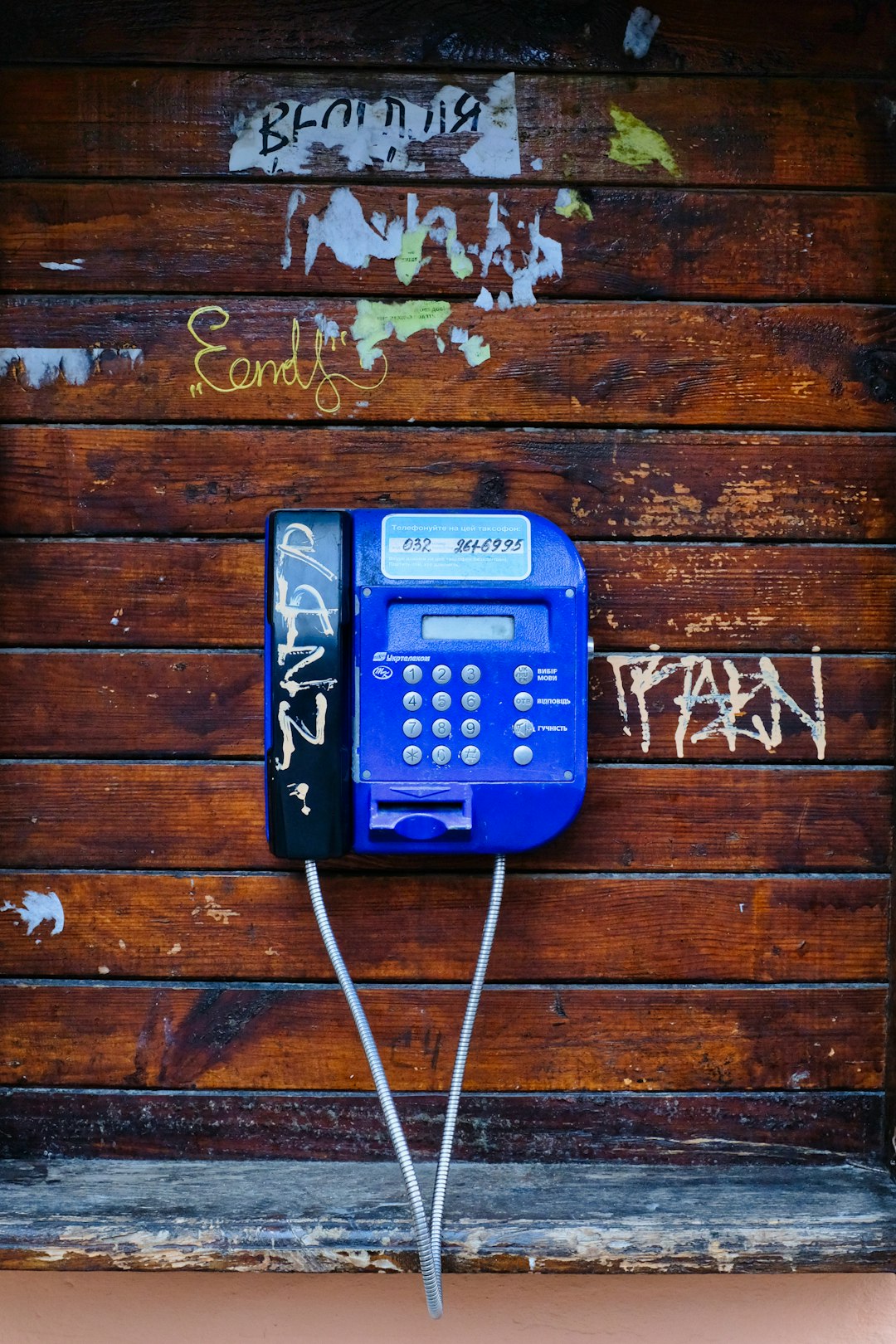Robocalls, automated marketing calls that disrupt sleep and waste time, are a growing problem in South Bend and Indiana. While legally regulated, consumers can sue for robocalls if their privacy is invaded or they suffer financial loss. Social media platforms offer powerful tools to combat robocalls by sharing information, reporting suspicious calls, and raising awareness. A united community can reduce robocall impact through education, strategy sharing, and understanding Indiana's anti-robocall laws, including the ability to sue for robocalls. Keeping detailed records of unauthorized automated calls is crucial for legal action under the Telephone Consumer Protection Act (TCPA). Consulting a telecommunications law attorney in Indiana provides guidance on rights and potential remedies regarding can one sue for robocalls.
In the digital age, South Bend residents face a growing nuisance—robocalls. These automated calls can be harmful, from fraud and scams to privacy invasions. This article explores how social media can combat this issue. We delve into understanding robocalls’ impact on the community, leveraging platforms for reporting, and building awareness. Additionally, we examine legal options, including if you can sue for robocalls in Indiana. By combining technology and community action, South Bend can create a more protected environment against unwanted calls.
Understanding Robocalls and Their Impact in South Bend

Robocalls, or automated phone calls, have become a significant nuisance for many South Bend residents, often leading to distress and inconvenience. These pre-recorded messages, typically used for marketing purposes, are becoming increasingly sophisticated in their targeting and delivery. While they may seem harmless at first, robocalls can have a substantial impact on individuals’ daily lives, from disrupting sleep patterns to wasting valuable time that could be spent on more productive activities.
In Indiana, as in many other states, robocalls are regulated by law, giving consumers certain rights and options for redress. If you feel your privacy has been invaded or you’ve suffered financial loss due to relentless robocalls, it’s not unheard of to consider legal action. Consulting with a legal professional can help determine if you have grounds to sue for robocalls in Indiana, ensuring you understand your rights and available remedies under the law.
The Role of Social Media in Robocall Mitigation Strategies

Social media has emerged as a powerful tool in the fight against robocalls, offering a dynamic and immediate platform to share information, educate citizens, and coordinate efforts. By leveraging these networks, South Bend residents can actively contribute to robocall mitigation strategies. Platforms like Twitter, Facebook, and Instagram allow for rapid dissemination of advice on how to identify and block these automated calls, providing real-time solutions to a pervasive problem.
Moreover, social media facilitates community engagement by enabling users to share their experiences and report suspicious activities, enhancing collective awareness. This collective effort can be crucial in identifying patterns and trends, especially when it comes to understanding the sources and methods employed by robocallers. Additionally, social media campaigns can dispel common myths and misconceptions surrounding robocalls, empowering residents with accurate knowledge that is essential for taking legal action if needed, such as filing a complaint or exploring options like suing for robocalls in Indiana.
Effective Use of Social Media Platforms to Report Robocalls

Social media platforms have become powerful tools for consumers to fight back against robocalls in South Bend and across Indiana. Many popular apps, such as Twitter, Facebook, and Reddit, offer features that allow users to report suspicious calls and share their experiences. By utilizing these platforms, individuals can contribute to a collective effort to identify and block malicious robocallers.
When a robocall is received, users can take immediate action by searching for dedicated groups or pages focused on call blocking and consumer protection. These online communities often provide valuable insights and resources, including step-by-step guides on how to report the calls effectively. Sharing specific details about the caller ID, call content, and frequency can help authorities trace and penalize the culprits, potentially leading to legal action under Indiana’s anti-robocall laws, including the ability to sue for robocalls.
Building Community Awareness and Engagement Against Robocalls

In the battle against robocalls, a united community can make all the difference. South Bend residents have the power to collectively fight back by raising awareness and engaging with each other. Start by educating your neighbors and friends about the impact of robocalls, especially those from unknown numbers. Many people don’t realize that blocking a single number isn’t enough; automated systems quickly adapt and find new ways to contact us.
Encourage community members to share information and strategies for identifying and reporting suspicious calls. With social media as a powerful tool, residents can easily spread awareness through shared experiences and tips. Additionally, staying informed about local legislation regarding robocalls, such as the laws in Indiana that offer protections against unauthorized calls, is essential. Remember, knowledge is one of our strongest weapons against these persistent intruders.
Legal Aspects: Can I Sue For Robocalls in Indiana?

In terms of legal recourse, individuals in Indiana do have options if they feel they’ve been targeted by unwanted robocalls. The Telephone Consumer Protection Act (TCPA) is a federal law designed to prevent companies from making certain types of automated or prerecorded phone calls without prior express consent. If you’ve received robocalls in South Bend, Indiana, and believe the calls violated your rights under the TCPA, you may have grounds to take legal action.
While suing for robocalls can be a possibility, it’s important to understand that such cases often require strong evidence of unauthorized automated calls and damages incurred by the recipient. Consumers should keep detailed records of suspicious phone calls, including call dates, times, and any identifying information about the caller or their company. If you’re considering legal action, consulting with an attorney specializing in telecommunications law can provide valuable guidance on your rights and potential remedies, specifically regarding whether you can sue for robocalls in Indiana.






